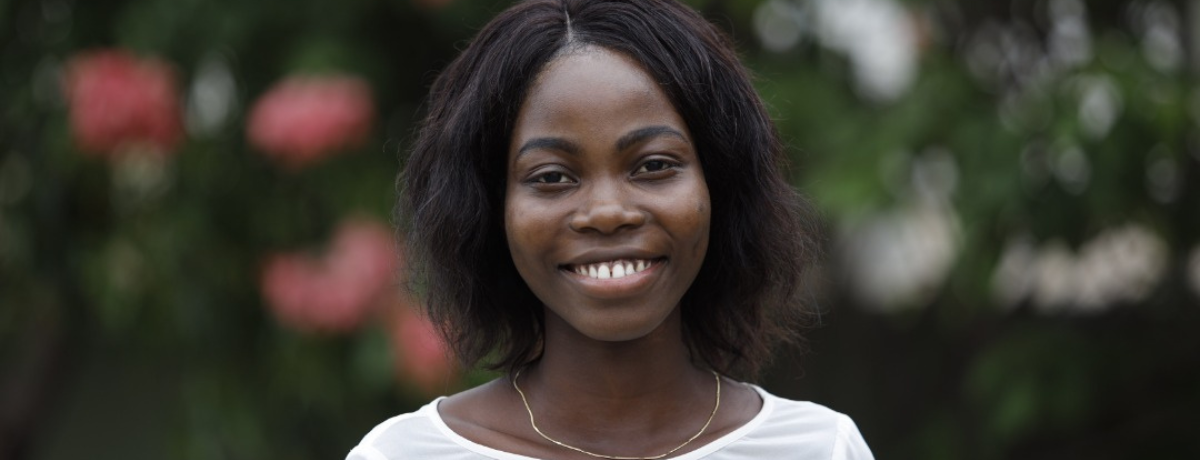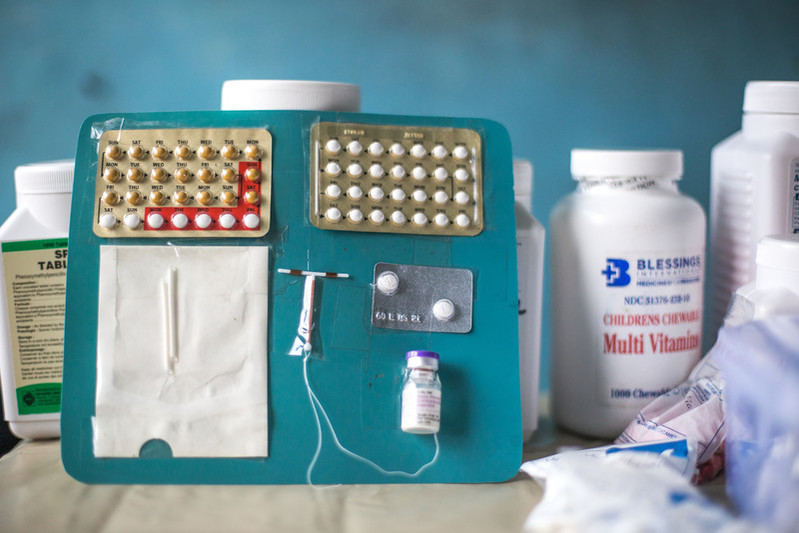By Cosmina Marian, IPPF EN
We continue to work against our own interests by not prioritizing the empowerment of women and achieving gender equality. We continue to repeat the same mistakes. This is nothing new. Sexual and reproductive health, including access to contraception care, is constantly being taken hostage in political battles.
Many women and girls have no control over their sexual and reproductive lives. They cannot access safe and affordable family planning services.
Take the story of two girls with very different paths in life, Dalia and Amai.
Dalia loses her mother early on while she gives birth to her fifth child, her brother. Maternal mortality remains a leading cause of death in low-income countries. Her father forces her into marrying a much older man at only 14 years-old. She is not able to go to school anymore as she is told she must stay home and care for the household – a wife’s job they say.
Amai, on the other hand, has the chance to continue her studies.
Dalia gets pregnant during her first year of marriage and contracts HIV from her husband. She is stigmatised and does not see a way out.
Amai meets a boy she likes at 16, he’s her own age. Her mother takes her to the family planning clinic where she receives sex and relationship education and contraceptive care. She finishes high school and decides to become a lawyer. By then, Dalia already has three children. She has the responsibility of supporting the household. Keeping it clean while having no access to clean water, feeding her children with the little she has, educating them as much as possible at home, because she doesn’t have money to send them to school; and even taking on small jobs here and there to help with the daily expenses. She lives from one day to another, carrying the weight of the world on her shoulders.
Amai gets her law degree and marries her high school love. They decide to start a family and have three children over the next few years, when she feels ready. She continues her career and cares for her family. Her children benefit from even more opportunities than Amai to live healthy and happy lives.
Their journeys clearly show how important it is for girls and women to have unhindered access to family planning and sex and relationship education. It can better their lives, their family lives and allow them to transform their communities into more prosperous places.
When young women are calling the shots, they can avoid HIV, marry and have children when ready. Their children enjoy more opportunities to live healthy and happy lives. And this cycle spans over generations.
Reproductive freedom should not depend on where you live and how much money you have. The gap in contraceptive use between the poorest and wealthiest countries remains huge and no country has equal access to contraceptive care. On top of high costs, being denied sex and relationship education, stigma and gender inequalities stop girls from accessing contraception.
Investing in family planning is the right and smart thing to do – politically, legally, socially and economically. It will save lives and improve health. And without access to contraceptive care we have no hope to achieve equality or prevent poverty.
And yet, we still find ways to deny girls and women opportunities. We are sabotaging ourselves by subscribing to twisted ideologies or to harmful gender norms that have no place in the 21st century.
This has a spill effect through the instrumentalization of development aid and an increased association between security, migration and development. Some governments are shifting priorities, giving more importance to non-development objectives under their development assistance, such as migration control, addressing security threats and commercial expansion, at the expense of effective development cooperation.
We continue to repeat the same mistakes. But I remain hopeful that despite the detours we take to make reproductive freedom a reality for all, we will be successful in making the story of Amai the norm.
Read similar articles in our newspaper, Her Chronicles.



